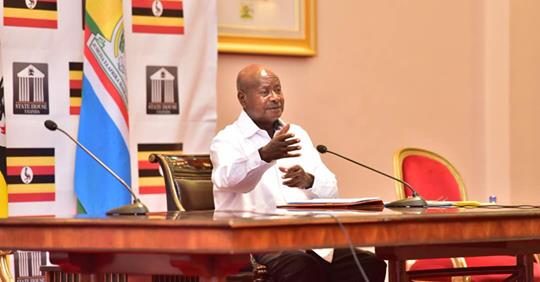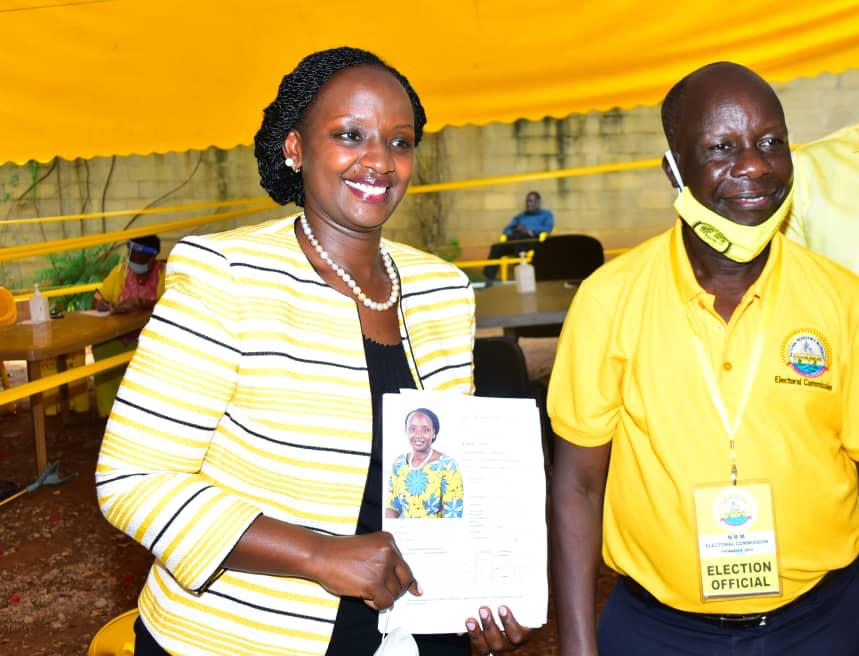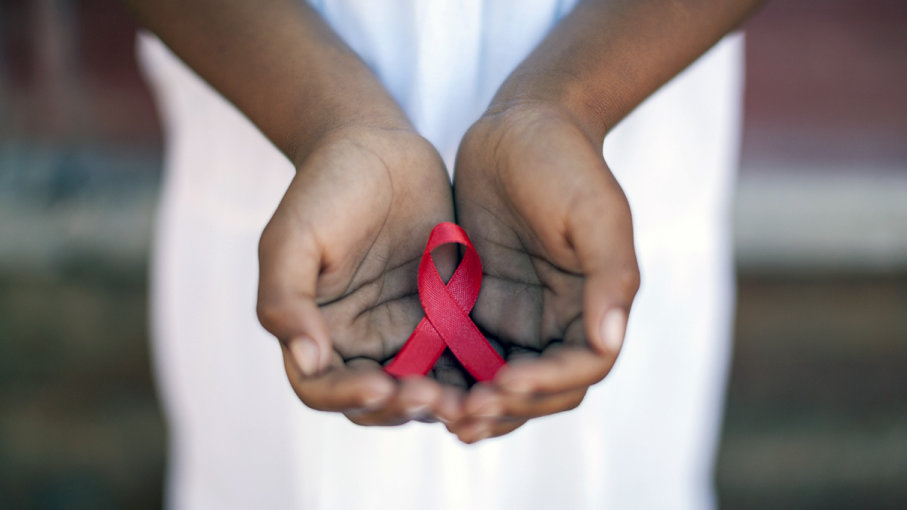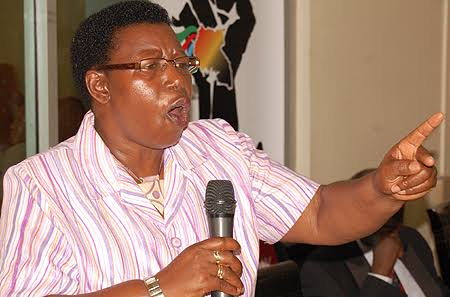Tigere Chagutah, regional director for Amnesty International in East and Southern Africa, has pleaded with President Yoweri Museveni not to sign the Anti-Homosexuality Law, 2023, which was approved by Parliament on Tuesday night.
President Yoweri Museveni must immediately veto this terrible law, which was enacted on Tuesday night after a hurried voting. The bill violates the Ugandan Constitution and amounts to a serious assault on LGBTI persons, according to a portion of a statement released by Tigere on Wednesday.
The death penalty for aggravated homosexuality was passed by the parliament, which was presided over by Speaker Anita Among. The Bill states that the crime of aggravated homosexuality includes victims who are under the age of 14 or over 75, have a disability or experience a disability as a result of the sexual act, have a mental disorder, or any combination of these.
The offence also applies when the perpetrator is the victim’s parent, guardian, or a close relative, when the victim develops a terminal illness as a result of the sexual act, when the perpetrator is a serial offender, when the perpetrator is a person in authority over the victim, when the offence was committed against a person using force, threats, duress, or undue influence, among other circumstances.
Asuman Basalirwa, a Bugiri Municipality MP, introduced the passed Law, which stipulates that individuals found guilty of attempted aggravating homosexuality shall serve 14 years in prison.
According to the Bill, someone commits the crime of homosexuality if they engage in sexual activity with someone of the same sex or permit someone of the same sex to engage in such activity on them.
A person who commits the crime of homosexuality faces a life sentence in prison.
Homosexual behavior carries a ten-year prison sentence for those who publicly identify as members of the LGBTQ community (lesbian, gay, bisexual, transgender, and questioning).
If a youngster is found guilty of homosexual activity, they will serve a sentence of no more than three years in prison.
The adopted law, according to the regional director of Amnesty International, encourages prejudice and intolerance.
“In truth, this profoundly restrictive legislation would institutionalize prejudice, hatred, and discrimination against LGBTQ individuals, including those who are thought to be LGBTI, and obstruct the legitimate work of civil society, public health experts, and community leaders,” claims Tigere.
He continues by saying that rather than criminalizing LGBTI individuals, Uganda should protect them by passing rules and regulations that are in line with the values of equality and non-discrimination entrenched in both the African Charter on Human and Peoples’ Rights and the Ugandan Constitution.
The Anti-Homosexuality Bill, 2023 was approved by Parliament, marking Uganda’s second effort to enact separate legislation against homosexuality.
The first anti-homosexuality bill, introduced by Ndorwa East MP David Bahati and signed by President Yoweri Museveni on February 24, 2014, was approved by Parliament in December 2013. On August 1st, 2014, the Constitutional Court, citing the absence of the required quorum, struck down the statute.
During the Tuesday session of Parliament, Speaker Among called a roll and counted 389 members present, including 55 who were online through Zoom. The 11th Parliament has 529 members, and according to the quorum requirement, 176 votes, or one-third of the MPs, are needed to pass a bill.
Jackson Kafuuzi, the deputy attorney general, stated that his office reviewed the Bill, held discussions with the mover, and was at ease with the finalized piece of legislation.
The approved Bill now enters a new phase that results in the President’s assent pursuant to Article 91(3) of the Constitution within 30 days after receiving it, or he may return it to parliament with a request for reconsideration or give written notice to the Speaker of his refusal to assent.
The Department of Legislative and Procedural Services of Parliament is responsible for making copies of the Bill and recording any revisions made by the House before it is placed on the President’s desk. The Clerk of Parliament then signs a harmonized copy and sends it on to the Head of State.

















